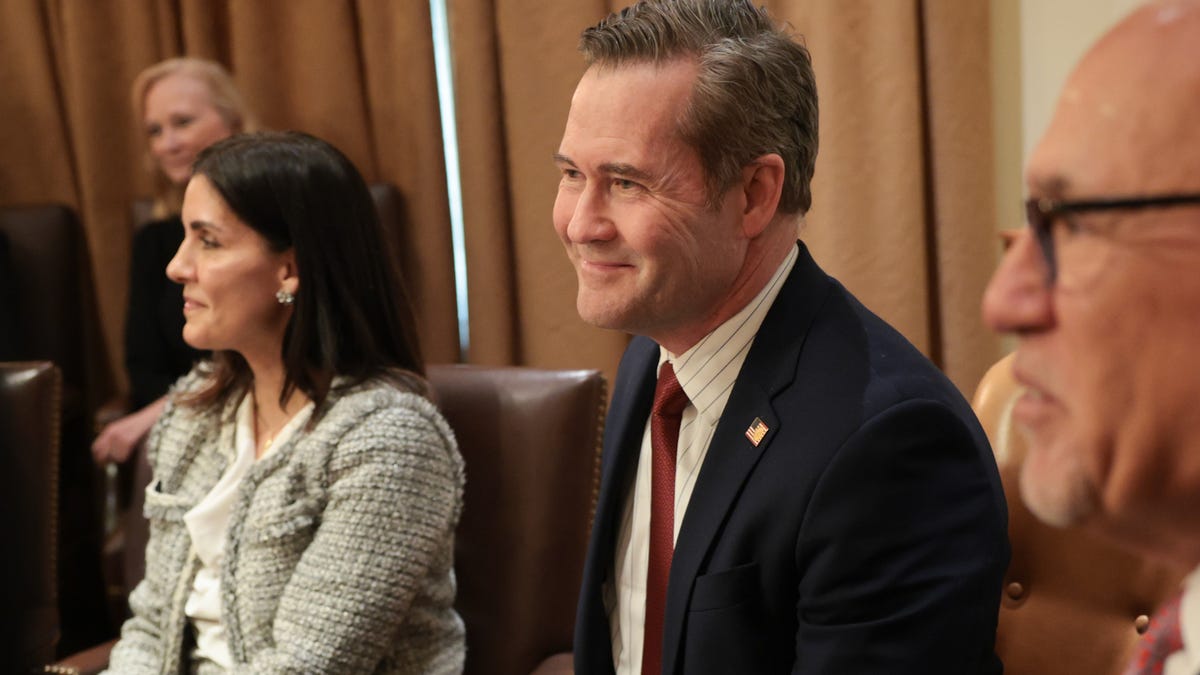Mike Waltz takes ‘full responsibility’ for leaked Houthis attack
National Security Adviser Mike Waltz inadvertently invited a reporter into a Signal chat discussing a military strike against Houthis in Yemen.
A little over three months into his stint as President Donald Trump’s national security adviser, Mike Waltz was embroiled in a controversy so widespread it soon had its own nickname: Signalgate.
The former Republican congressman from Florida is set to leave his White House post, a source familiar with the situation confirmed to USA TODAY’s Joey Garrison on May 1, amid persistent fallout from a scandal in which he and several other prominent officials used the commercial messaging application Signal to discuss highly sensitive details about a planned U.S. military strike in Yemen.
While all details around his departure had not yet come to light by Wednesday afternoon, May 1, his involvement in the Signal chat has been a cloud over his tenure since it was first revealed March 24.
What was Waltz’s involvement in ‘Signalgate’?
The Signal group chat was made public after reporter Jeffrey Goldberg was mistakenly added to the conversation. In a March 24 article published in The Atlantic, Goldberg wrote it was Waltz who added him to the chat.
The conversations centered on planned U.S. airstrikes on Iran-backed Houthi sites in Yemen on March 15. The texts were exchanged hours before the airstrikes. In one exchange, Waltz is seen in screenshots of the chats to respond to news of an airstrike with emojis of an American flag, fire and a fist.
Goldberg’s reporting of the chat included descriptions of the types of weapons to be used and detailed timing of the strikes, leading Democrats to call the discussions security breaches and demanded Hegseth and Waltz to resign.
On the day of the initial Atlantic report revealing the Signal chat, Waltz said he took “full responsibility” for the “embarrassing” blunder, saying he “built the group.”
“We’re going to get to the bottom of it,” he told Laura Ingraham on Fox News.
Trump stood by Waltz in immediate aftermath
Trump had publicly defended Waltz after the discussion contents were made public, and other members of the chat vigorously denied sharing any classified military plans.
At one point Trump said in an interview he believed a “lower level” employee was to blame for adding Goldberg to the chat, not Waltz.
“Michael Waltz has learned a lesson, and he’s a good man,” the president said in an interview with NBC News, calling the situation “the only glitch in two months, and it turned out not to be a serious one.”
Prior to joining Congress, Waltz served as defense policy director in the Pentagon under Secretaries of Defense Donald Rumsfeld and Robert Gates in the Bush Administration and was a counterterrorism advisor to Vice President Dick Cheney.
Contributing: Saman Shafiq, Bart Jansen, Cybele Mayes-Osterman and Joey Garrison.
Kathryn Palmer is a trending news reporter for USA TODAY. You can reach her at [email protected] and on X @KathrynPlmr.
